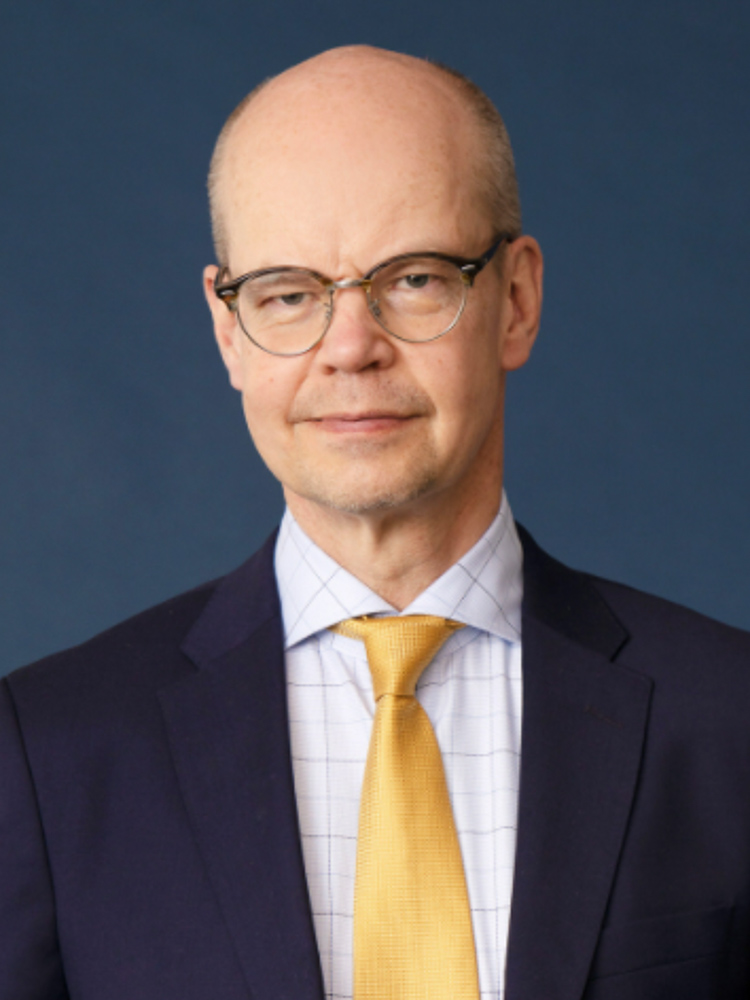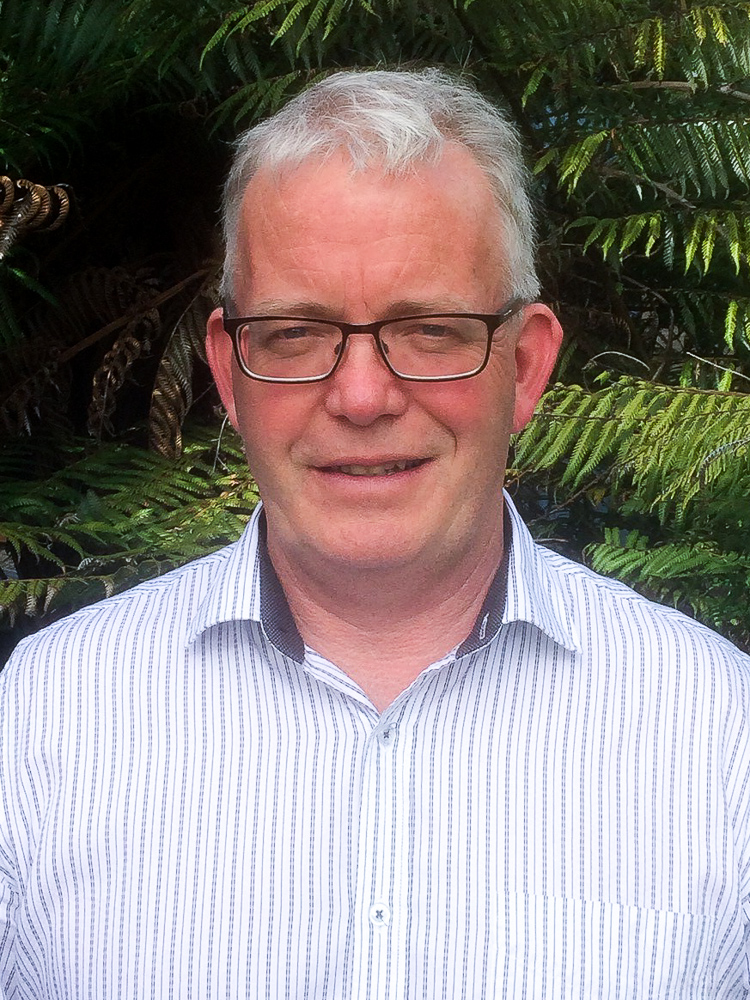Kasvatustieteiden tiedekunta vihkii kunniatohtoreikseen toukokuussa 2022 professori Martin Thruppin Waikaton yliopistosta sekä International Baccalaureate Organization -järjestön pääjohtaja Olli-Pekka Heinosen. Kunniatohtorit pitävät promootijuhlallisuuksien yhteydessä kaikille avoimet luennot.
Pääjohtaja Olli-Pekka Heinosen kunniatohtoriluento zoomissa 23.5. klo 11.30–12.30: What have I learnt in 30 years about educational reforms?
I started my career in the Finnish Parliament, supporting and helping MPs in matters related to the field of education. The year was 1990. During the following years, Finland suffered from a major recession and high unemployment, became a member of the European Union, and rode on top of the wave of the global ICT boom. Education and human competences were central in all processes employed as part of the country’s road to recovery.
At that time, despite the accelerating economic globalization, education was seen as a national policy. Best practices were discussed by international organizations like the EU or the OECD, but educational policy and its challenges were still viewed through a country lens.
In 30 years, the world has changed considerably. Covid-19 and the Ukraine war have shown how interconnected and interdependent our world is. Climate change, global inequalities, and rapidly increasing mental health problems will not be solved by a handful of elite scientists, innovators, or statesmen, but will require the involvement of the wider public. That means our biggest challenges are also educational challenges and necessitate a global mindset.
At the same time, there is a growing concern that are our educational systems need to be able to adapt and evolve to the needs of future generations to enable them to flourish. Learning outcomes have stayed flat or worsened despite the investments made in many countries during the last 20 years. Teachers are stressed, schools and universities have become battlefields of polarized political confrontations and the mental wellbeing of students is decreasing. Many excellent educational strategies have been published throughout the world, but there have been very few successful implementations.
Educational reforms can no longer be executed in the same way that they were 30 years ago. We have to understand the logic of educational systems as human learning systems. Reforms cannot be managed from the top down, but rather they should be helped to develop as ecosystems of coherent and consistent collaboration. It is not only student learning, but the learning of the whole education system that is the big challenge in front of us now.
 Kansainvälisen koulutusjärjestö International Baccalaureate Organizationin pääjohtaja Olli-Pekka Heinonen promovoidaan kunniatohtoriksi osoituksena Turun yliopiston kanssa pitkään jatkuneesta yhteistyöstä sekä merkittävästä panoksestaan suomalaisen koulutuksen kehittämisessä.
Kansainvälisen koulutusjärjestö International Baccalaureate Organizationin pääjohtaja Olli-Pekka Heinonen promovoidaan kunniatohtoriksi osoituksena Turun yliopiston kanssa pitkään jatkuneesta yhteistyöstä sekä merkittävästä panoksestaan suomalaisen koulutuksen kehittämisessä.
Heinonen on toiminut Suomessa keskeisenä koulutusvaikuttajana vuosikymmenten ajan muun muassa toimiessaan opetusministerinä vuosina 1994–2002 sekä opetushallituksen pääjohtajana vuosina 2016–2021. Heinonen on korostanut valtakunnallisessa koulutuksen kehittämistyössään korkeakoulujen merkitystä. Hän on tehnyt yhteistyötä Turun yliopiston kasvatustieteiden tiedekunnan kanssa erityisesti Rauman kampuksella. Heinosen nykyinen tehtävä IBO:n pääjohtajana linkittyy tiedekunnassa toimivan Turun normaalikoulun IB-lukiotoimintaan.
Professori Martin Thruppin kunniatohtoriluento Turun yliopiston päärakennuksen Tauno Nurmela -salissa ja etänä 30.5. kello 15.00: Education academics in small countries: Comparing notes between New Zealand and Finland
As relatively wealthy nations of about five million people each, Finland and New Zealand seem likely to offer a number of similar challenges for academics in the area of education, even if there are many distinctive features of academia and society in these two countries as well.
In this lecture I raise various ‘small-country’ issues I have experienced as an education academic in New Zealand and make some related observations about Finland. They include the challenges of contributing to international academic debate, of research assessment, of needing to be an academic ‘jack of all trades’, of being close to policy-making processes, and of being a ‘prophet in one’s own land’.
Certainly, education academics in both countries face challenges shared with many larger nations, for instance managerialism within universities and an increasingly university-based and yet technicist framing of teacher education. Nevertheless looking at a comparable but different educational setting invariably helps to reflect on our own context. In that spirit this wide-ranging session will aim to provide insights and provoke further thinking about all our work in education, whatever one’s particular specialism.
 Professori Martin Thrupp promovoidaan kunniatohtoriksi Turun yliopiston kanssa tehdyn pitkäaikaisen yhteistyön vuoksi sekä osoituksena laajemmasta myötävaikutuksestaan koko kasvatustieteiden alaan.
Professori Martin Thrupp promovoidaan kunniatohtoriksi Turun yliopiston kanssa tehdyn pitkäaikaisen yhteistyön vuoksi sekä osoituksena laajemmasta myötävaikutuksestaan koko kasvatustieteiden alaan.
Trupp on tehnyt merkittävää kansainvälistä tutkimusta koulu- ja koulutusuudistusten ylikansallisten ja kansainvälisten kytkösten parissa. Viimeisin tutkimus keskittyy globaaliin koulutusliiketoimintaan ja koulutuksen yksityistämiskehitykseen Suomessa, Ruotsissa ja Uudessa-Seelannissa.
Thrupp on ansioitunut julkaisemalla tuoreen teoksen suomalaisesta peruskoulusta kansainväliselle yleisölle yhteistyössä yli 50 suomalaisen koulutustutkijan kanssa ja edistämällä avointa tiedettä. Hän on tukenut Turun yliopiston kasvatustieteiden tiedekunnan Elinikäisen oppimisen ja koulutuksen tutkimuskeskus CELEssä kriittistä kasvatussosiologian ja koulutuspolitiikan tutkimusperinnettä ja tohtorikoulutusta, sekä osallistunut tuloksellisesti tutkimusrahoituksen hankintaan.
